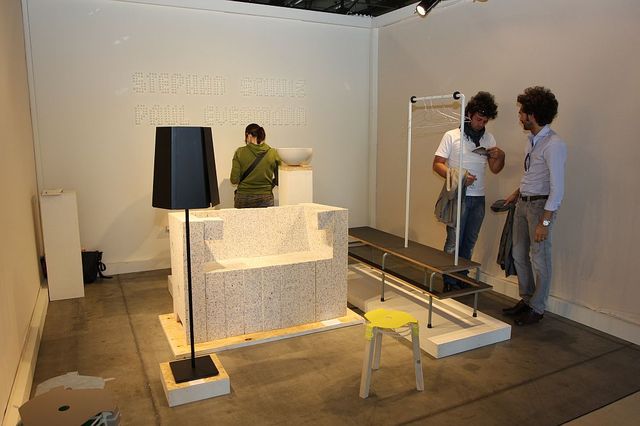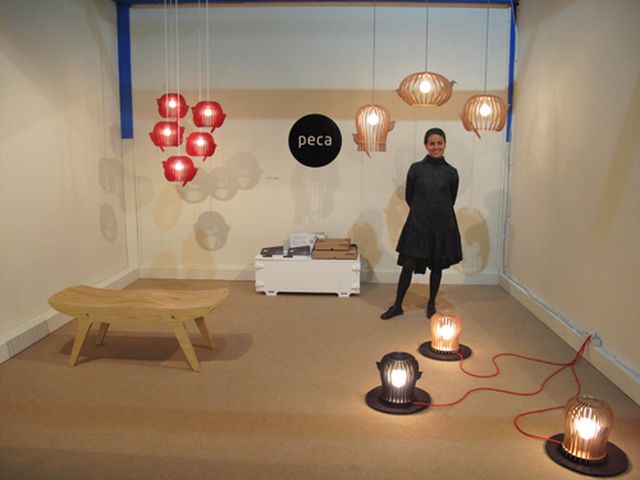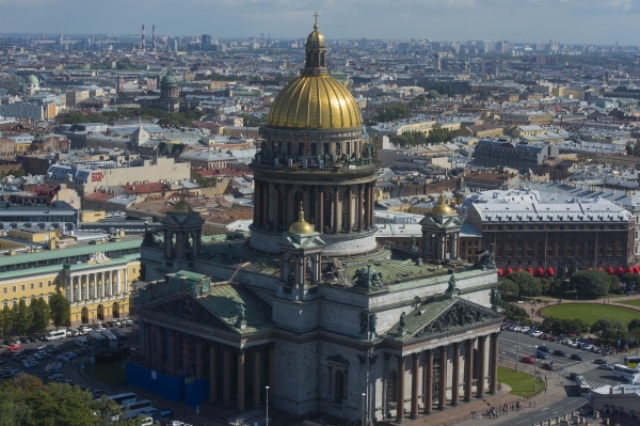The echo of the minimal Salone Satellite
Home automation and very little green in the stands dedicated to new designers. Among the institutes still win Italians, the strong presence of the East.
Recycled plant materials, lighting based on simple laws of physics, absolute versatility of the objects, minimalist design. The Salone Satellite is certainly the most experimental, futuristic, the Milan Show, but if someone tried the high tech or home automation remains high and dry. The most promising designers of the future almost refuse to consume energy.
In the two pavilions 13-15 of the Salone Satellite meet the 605 young people from 32 countries are welcome guests in this edition of the Fiera, along with the craft shops devoted to ceramics, and textiles to the skin. One approach would, of design and craftsmanship, which has strengthened the feeling that if digital printing certainly has plenty of space in future applications to the attention of natural materials has even more.
Many proposals at the Salone Satellite views are more oriented to return to the simple things rather than the technology. In these pictures you can see the mushroom lamps with low-consumption LEDs, tools, furniture made of copper, a shed-planter, a carton of marble cut with the technique of wood, a cabinet modular wire mesh without screws, and moving parts.
Nothing new under the sky of more stringent design: the Orientals are the masters, as well as Northern Europeans are exceptional in their ability to use wood and low-consumption LEDs. The Italian was felt in the very presence of five 17 partner institutes on this section: the training centers, universities, schools of ancient tradition, still produce designers and design culture, along with colleagues like the prestigious Institute Koln, the Graz, the “Pierre Vernotte.”
Walking through the exhibition stand of the 102 (or leafing through the catalog ), you’ll immediately notice, however, some difficulties in the technological change of pace. This element, noted generally throughout the event in Milan, it’s pretty obvious when you consider just the young age of the designer. The very real story of George Traverso, Genoese architect fond of interconnected structures cubic. Its DynamiCube, a lamp composed of eight light cubes or eight surfaces, which can assume any position, is composed of wood and skins LED on aluminum casing. An object very appealing, but also expensive:
In fact, my parents are prototypes, because the LEDs still cost a lot, as it is often necessary to produce certain types of plastic materials abroad. Series production so at the moment is difficult, but I wanted to introduce the idea.
There are also several other interesting ideas, such as the atmospheric lamp by Arturo Erbsman, which exploits the natural condensation of water vapor to diffuse the light. Light that is a true pique for this generation: distributed without wall support materials, spread with a cock like a shower, produced with the organic LED (OLED) as does Andy Zhou, who has developed a lightweight chassis adjustable via BlueTooth .
FabLab and the need to hack
To be honest, enter the small shop digital FabLab Milan , a guest in the Salone Satellite is like a breath of fresh air nerd: Arduino boards, laser printers and 3D, computer cables, a great desire to test construction techniques objects up to the extreme. Colorni Francis shows off his mac engraved with a laser printer with a simple, while the other guys are working on small robots, led by lower cost structures than ten times that of the market, and promote small and great ideas of university students, as Edges (which will be discussed), a prosthetic-structure molded plastic polveridi to support the arts. Made with kinect and processing software developed by two students of the Polytechnic of Milan.
The 3D printer needed for this type of object should be made in the Netherlands and the car costs 70 thousand euro. Next year it will come one in Italy with the same features and only cost five thousand euro. We are close to another technical revolution.
Even FabLab he looked around at this salon coming to the same conclusions:
There is a need to hack the concept of mobile. FabLab soon will have a high standard of cuisine that we try to change, we will be putting all that in mind.





